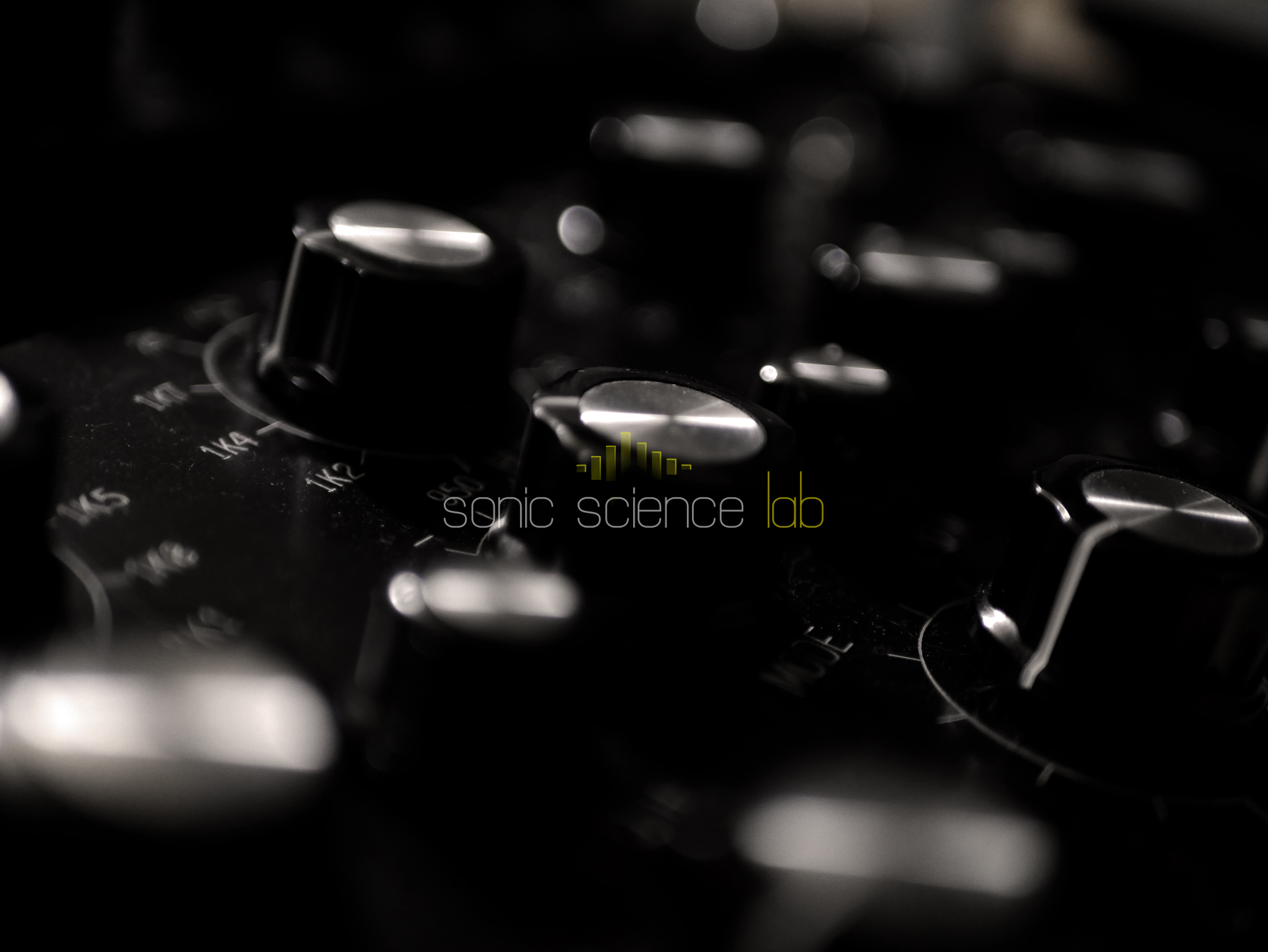

As lead mastering engineer and founder of Sonic Science Lab, I’m asked for tips about prepping mixes for mastering. It looks like there’s quite confusion even among experienced recording and mixing engineers who ask me about: the best recording/mixing levels; sampling rates; word lengths; the technical aspects of analog and digital audio; and other mixing and mastering tips.
While these technical issues are all important, it’s the human side of the process that is the most significant! I thought you might find them useful, so I’m sharing them here.
The most important step towards the best possible mastering session has nothing to do with compression, equalization or loudness.
The most important thing is communication with your mastering engineer before he or she gets started.
The more you can do to communicate your vision for the final master, the better. In addition to the basics — like suggesting the order of your songs ahead of time and any notes on the spacing between songs — you can provide more specific info. Special requests, and even examples of other mastered songs that you want your music to sound like are more than welcome!
Of course, we can’t make John Denver sound like AC/DC, so it helps to surf the web and really listen to mastered tracks to hear what’s possible.
We provide you with mix notes that you can respond to. It deepens the conversation about your mixes. We can tell pretty quickly if there are any issues in the mix and how to address them (if we find any, that is).
The foundation of a good mix is not a bag of technical tricks. The real pros focus on the mix/music goal and how to achieve the right emotional impact, rather than focusing on compressors, equalizers, and stereo-enhancement toys. Most of the best mixers usually take a minimalist approach to your music. These are the foundations of a good final mix that your mixer should be spending most of his or her time on:
Have your mixes addressed these foundational features? Only you and your mix engineer can say when you’re ready to proceed to mastering. But a good mastering engineer will pick up on these basics quickly and tell you if there is more work to be done before the mastering process.
Don’t become a willing participant in the loudness race! Instead, double your focus on the four foundations of a good mix in TIP#2, because it’s really worth it. This is what every good pro mixing engineer will tell you. With a good and interesting mix, your mastering engineer can make your music as loud as it needs to be. But even more importantly – attractive and distinct.
Too much fiddling around to make your mix sound as loud as the master can work against your goals down the road. Loudness normalizations currently being used on streaming services will actually make loud recordings sound quieter and worse than recordings with a wider range of dynamics. Today’s mastering engineers have even more tools and techniques than ever before to polish up your sound loudness-wise and make it really shine across multiple mediums.
Mastering studios will also provide you with a few simple specs needed to prep your mixes for mastering.
Avoid sample rate conversions (this includes popular upsampling) and word-length operations of your project files and final mix for no real reason. If your recordings were made at 24-bit and 96kHz, then just stay with it. Or stay with any native sample rate/word length that your DAW operates at and your project runs on. There are still some sample rate converters that do a mediocre job (like those in DAWs). Dithering (if required) is still confusing for many. So, it’s always better to leave those tasks (as well as lossy coding) to your mastering engineer for the best sonic results.
Mix mistakes are easy to make as you prep your mix for mastering. So, check, double-check, and triple-check your final mix. Award-winning mastering engineer Neil Pickles put it this way in one of hists posts: “You would be surprised how easy it is to forget to unmute that percussion you just muted to check something or to do a faster than real time bounce on your DAW software and not realise something went wrong and you’ve got digital distortions.” (Pickles. “10 Things You Should Do Before Sending Your Mix to a Mastering Engineer – Part 2.” Pro Tools Expert. 5 March 2014. Web. 10 Oct. 2014)
Well, that’s it for now. Happy Mixing!
Pozdrawiam (Best),
Artur



Please enter your name and email address below.
0